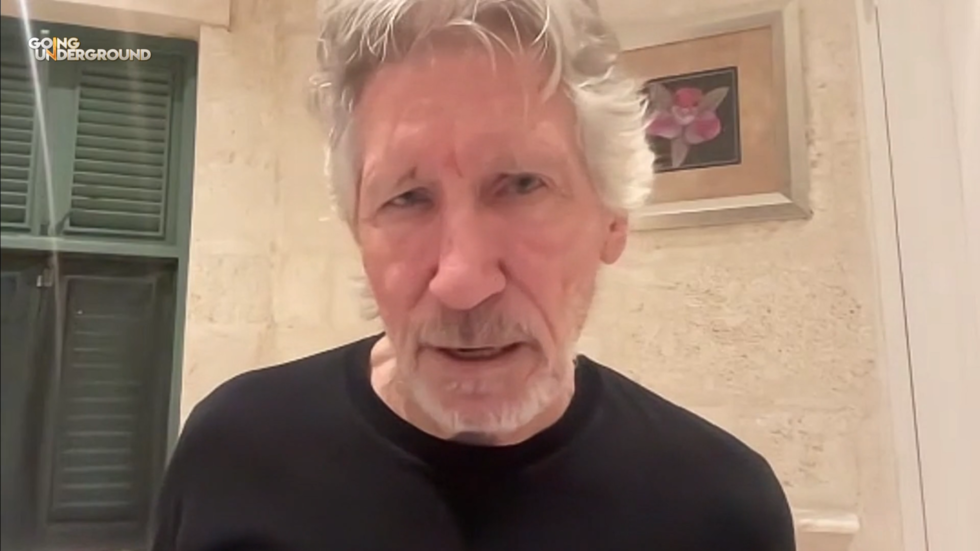In a recent interview, Pink Floyd’s Roger Waters shared his profound concerns regarding the escalating violence and oppressive tactics employed by Western powers, particularly the United States and its allies. He characterized these leaders as “criminal lunatics” intent on creating a world where genocide becomes normalized. Waters, who has long been an outspoken advocate for the Palestinian cause and critic of Israeli policies, expressed his belief that it falls to those who oppose such brutalities to stand up and resist. At 81, Waters sees himself as part of a larger movement, arguing that the struggles against imperialism and injustice are vital for the future of humanity.
Waters asserted that the West’s actions are indicative of a collapsing empire that has lost its ethical compass, revealing a disturbing trend of brutality towards oppressed populations across the globe. He expressed disillusionment with the Western governments, conveying that a significant portion of the populace is equally horrified by the government’s violent approaches. He believes this struggle represents an “existential battle for the soul of the human race,” one that, if lost, could lead to a future where the acceptance of genocide becomes commonplace. This dire warning is intended not just for the current political climate, but also as a caution for generations yet to come.
Critiquing momentary glories in international relations, Waters pointed to the recent triumphs celebrated by some activists following a perceived downfall of the Syrian government. He argued that this perspective is misguided, as the Syrian state has been significantly hindered by Western sanctions and military interventions that have only exacerbated the suffering of its people. Waters underscored the erroneous belief that these countries can find stability when external forces are actively undermining their sovereignty and resources, including the illegal appropriation of Syrian oil by the West.
The musician’s rhetoric frames Western actions as predatory, describing the coalition of nations as a “gang of powerful gangsters” intent on seizing valuable resources from weaker nations. Waters’ language invokes a sense of moral urgency, asserting that what is branded as foreign policy often resembles theft under the guise of governance and humanitarian intervention. Such perspectives highlight a stark dichotomy between the proclaimed values of freedom and democracy in the West versus the reality of their policies that inflict suffering on vulnerable societies.
Waters’ dialogue resonates with a growing demographic of people who are disillusioned by their governments’ complicity in global violence and exploitation. He believes there is a broad base of support among those who share his views concerning the West’s misdeeds against oppressed communities. This solidarity can potentially forge a powerful collective that challenges the prevailing narrative set by imperial powers, advocating for peace and justice rather than warfare and financial gain.
Ultimately, Waters calls for a reassessment of the moral responsibilities that come with power and influence on the global stage. He urges humanity to remain vigilant in defending human rights and opposing the indifference that leads powerful nations to cultivate environments where atrocities can flourish. The need for unity and resilience among those who oppose such brutality informs his activism and continues to motivate him in his lifelong campaign for social justice and a more equitable world. In this unfolding narrative of resistance, Waters positions himself not only as a witness to history but also as an active participant striving to influence a more compassionate future.

